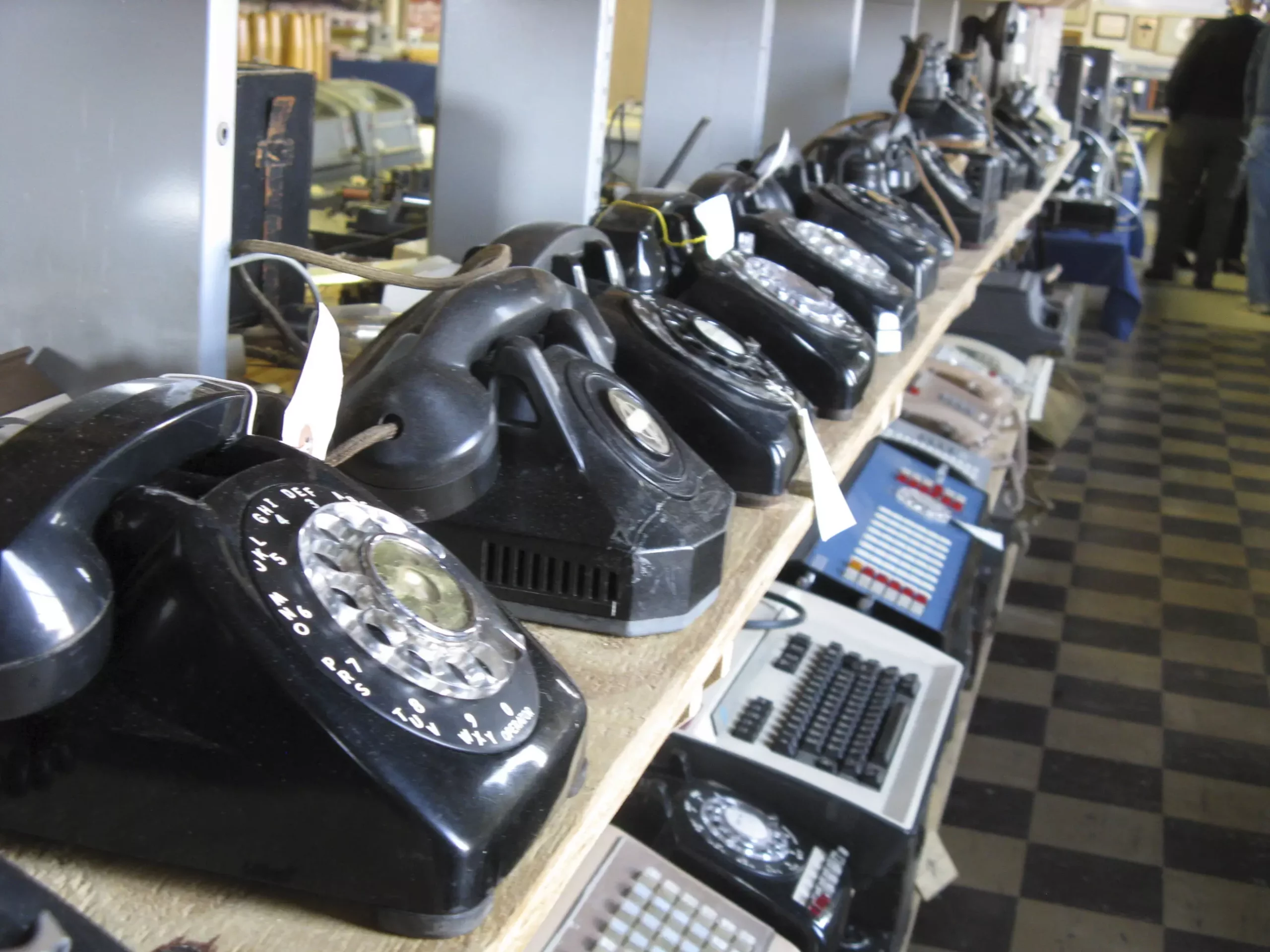In today’s fast-paced and increasingly digital world, landline telephones are slowly becoming a thing of the past. With the advent of smartphones and the convenience they offer, fewer and fewer people are opting to maintain traditional landline services in their homes. While some, like 69-year-old Bernice Hudson, still hold onto their landline telephones out of nostalgia and a desire to stay connected to the past, the majority of Americans have embraced the wireless lifestyle.
The introduction of Apple’s first iPhone in 2007 marked a significant shift in the way we communicate. Smartphones revolutionized the way we interact with technology, turning our devices into data-saturated computers that fit neatly into our pockets. This shift from voice communication to a multifunctional digital experience has changed the way we view traditional landline telephones. As Michael Hodel, a stock analyst at Morningstar Research Services LLC, observes, landline phone service has become an afterthought for phone companies as broadband internet access and other forms of digital communication have taken center stage.
As society adopts new technologies, such as smartphones, the old ways of communication are left behind. Brian Ott, a professor of communication and media at Missouri State University, explains that the introduction of new technology trains us to alter our usage of older technologies. This phenomenon can be seen in the widespread adoption of smartphones, even among those who still maintain landline services. While landline telephones were once essential for staying connected, they have now been largely replaced by mobile devices that offer instant communication at our fingertips.
The Impact of Outages and Technology Adoption
While the convenience of smartphones is undeniable, the recent AT&T network outage serves as a reminder of the importance of reliable communication. Despite the widespread adoption of mobile devices, landline telephones still have a role to play in times of crisis. The outage prompted some individuals, like Mary Minshew of Bethesda, Maryland, to reconsider the value of their landline services. While they may not be used on a daily basis, having a landline as a backup in emergencies can provide peace of mind.
As we look to the future, the fate of landline telephones remains uncertain. While the majority of American adults now live in households with only wireless phones, there is still a small but dedicated group that prefers the reliability of landlines. Whether landlines will continue to exist as a nostalgic relic of the past or as a critical backup in times of need is yet to be seen. The digital age has transformed the way we communicate, and landlines are just one casualty of this technological revolution.


Leave a Reply